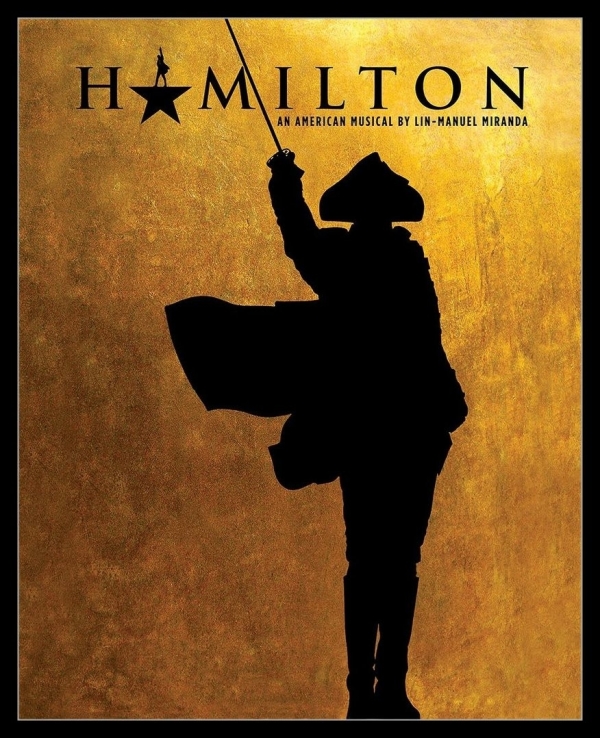Lin-Manuel Miranda’s hip hop musical about the life of Founding Father Alexander Hamilton has tapped into the politico/sociocultural zeitgeist, generating the kind of rabid fandom usually reserved for things like Marvel and Star Wars, and commanding thousands on the grey market for a seat at one of its sold out shows. The touring production opened Wednesday at Philadelphia’s Forrest Theatre where it will play through November 11, bringing Hamilton’s story to the city where the titular protagonist spent 15 years of his life while a member of the Congress of the Confederation and the Constitutional Convention. In fact the location of the events of the infamous “Reynolds Pamphlet” featured in the show transpired only a few blocks away from The Forrest Theater on the block 200 Walnut where Hamilton’s house once stood.
What often gets lost in the breathless headlines about astronomical ticket prices and the social media bragging rights bestowed on those lucky or deep-pocketed enough to land a seat in “the room where it happens” is the fact that Hamilton’s story of a poor immigrant who works his way up from nothing to become a Founding Father of this great country has never been more relevant. While the production pre-dates the Age of Trump, Lin-Manuel’s transposition of the race and language of the cast of Hamilton has become a de facto touchstone of The Resistance. Hamilton keeps the audience ruminating on its themes of power, race and family with its super-catchy hyrbird of traditional Broadway tropes, R&B motifs and banging hip-hop.
The touring production is no less impressive than the Broadway version, filling out every nook of the cozy Forrest Theatre stage with its minimalist walkways and staircases, while Edred Utomi perfectly rattles off bars in Lin-Manuel’s trademark nasal flow. Watching Hamiton, as the US wins its independence from England and begin ratifying its own constitution, you can’t help but be reminded of what this country once stood for and the foundation of hope, generosity and tolerance it was built upon. Bearing witness to the legacy of that “bastard, orphan, son of a whore, Scotsman” and the fruits of his labors which we still enjoy to this day really spoke to me, not just as a critic, but as a human being. — DAN TABOR

